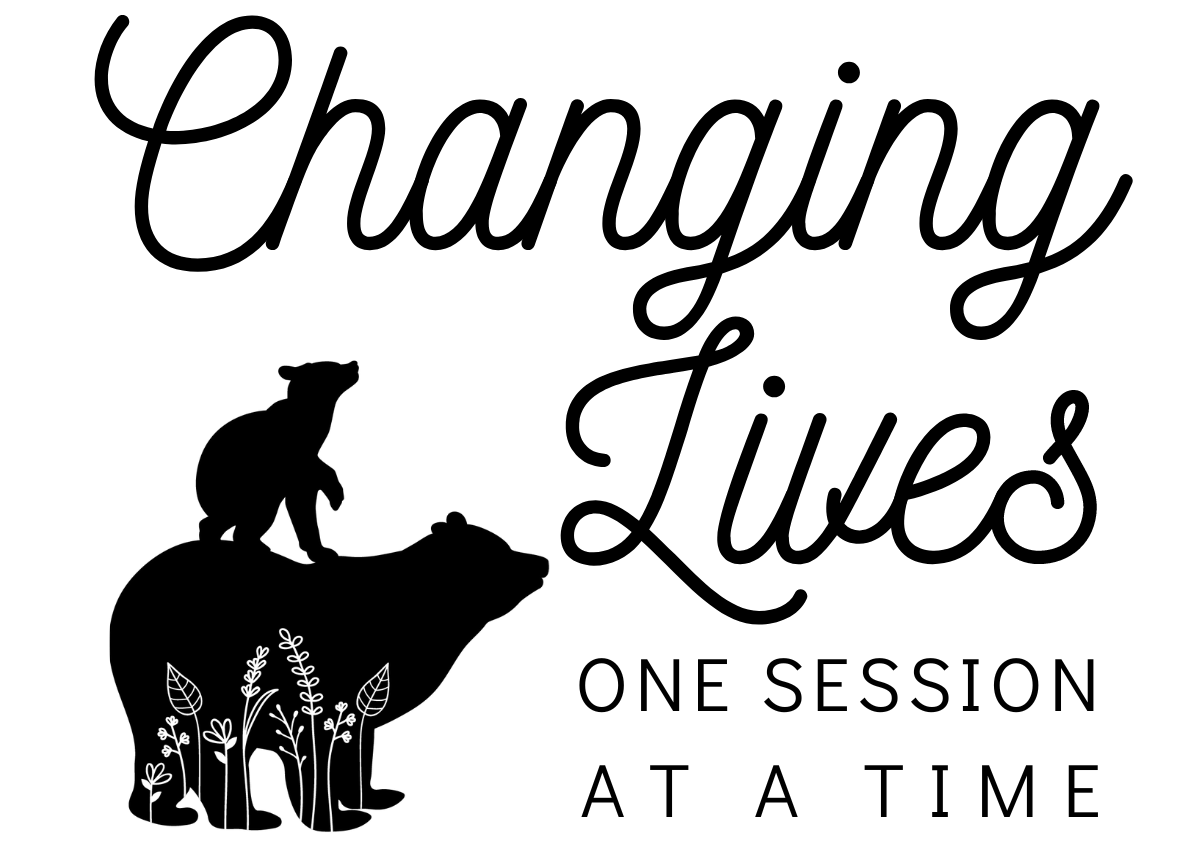During the first session your child will be exposed to many concepts. These concepts, along with our curriculum have been based on Michelle Garcia Winner’s, Social Thinking program. Below is the summary of concepts that will be introduced during the first multi-week session. Concepts and their definitions have been directly quoted from the Think Social, A Social Thinking Curriculum for School-Aged Students book.
- Expected and Unexpected behaviors – “Every environment has a set of unwritten rules that people expect to be followed such as talking when it is your turn, respecting personal space, etc. When people follow these rules, some of which are not always explained to the student, then he is considered to be ‘doing what is expected’. Students who don’t follow the rules are going what is unexpected and people may have ‘weird’ thoughts about them”.
- You can change my feelings – “People have feelings/reactions about other people’s behavior. Sometimes people have good feelings when people behave by doing what is expected and other times they have annoyed or angry feelings when others do what is unexpected. Students learn that their behavior affects other people’s feelings”.
- Observing other people through imitation – “When you’re in a group and you are not sure what to do, you often observe the people around you. If you see why they are doing and it looks like the teacher is pleased, then you can imitate their behavior and the teacher will likely be pleased with you!”
- Big problem & Little problem – “Not all problems merit the same concern or reaction. Discuss with the student if it was a truly big problem (near a crisis) or a smaller problem (a glitch)”.
- Three parts to play –“Playing involves three steps: set up, play and clean up. Many of our students take way too long setting up since they insist things have to be done a certain way. We want them to learn that this takes away from the play time which is what the students really want”.
Garcia Winner, Michelle. Think Social, A Social Thinking Curriculum for School-Age Students.
San Jose: Social Thinking Publishing, 2008.
